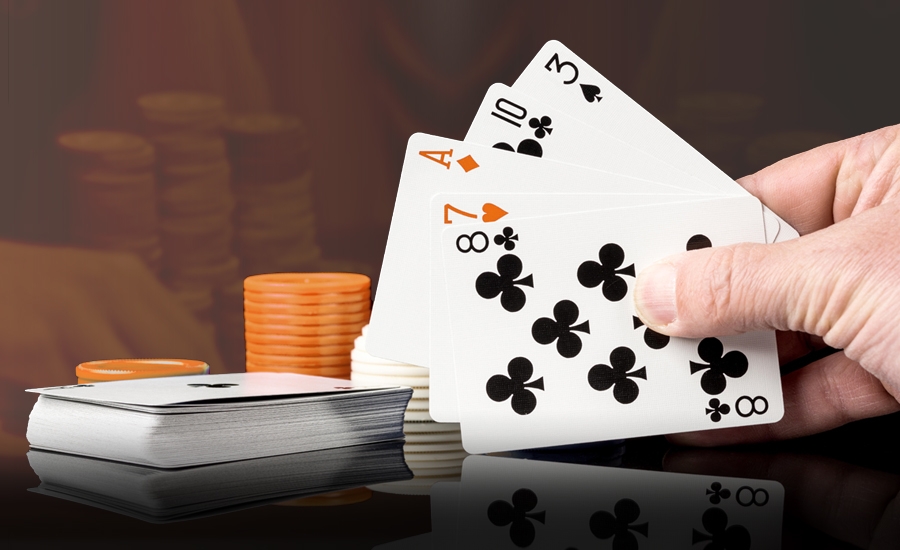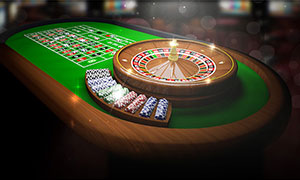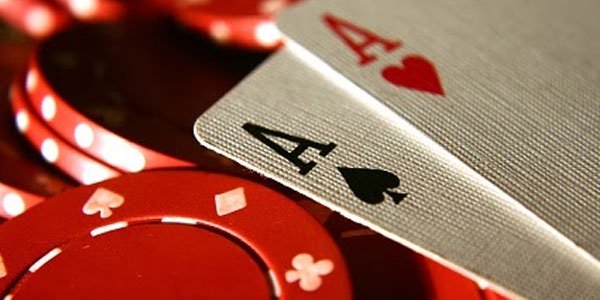Discover Top Online Casino Platforms Offering Exclusive Bonuses And Rewards
Online casinos have become the ultimate destination for gaming enthusiasts seeking excitement, rewards, and seamless entertainment. With the rise of digital platforms, players can now enjoy a wide range of games from the comfort of their homes while benefiting from exclusive bonuses and rewards. Whether you are a seasoned player or just starting your gaming journey, these platforms provide exceptional opportunities to maximize your experience. Personalized recommendations help users find บาคาร่า variants suited to their preferences.
Exclusive Bonuses That Boost Your Gameplay
One of the most enticing features of top online casinos is the range of bonuses they offer. These bonuses are designed to enhance your gaming sessions and provide extra value. Some of the most common and rewarding types include:
- Welcome Bonuses: Perfect for new players, these bonuses give you extra funds or free spins to start your journey on a high note.
- Deposit Bonuses: By adding funds to your account, you can receive a percentage of your deposit as bonus credits, increasing your chances to play more.
- Loyalty Rewards: Long-term players can benefit from loyalty programs that offer cashback, points, or exclusive promotions.
- Seasonal Promotions: Online casinos frequently run limited-time events that provide special rewards, keeping the gaming experience exciting.
Enjoy a Wide Variety of Games
Top platforms host an extensive collection of games suitable for all types of players. From classic table games to innovative slots, there is something for everyone. Two particularly popular options are:
- Baccarat: Known for its elegance and simplicity, baccarat is a card game that attracts players who enjoy strategic yet fast-paced gameplay. Online versions allow players to participate in live dealer games, creating an immersive casino experience.
- Online Lottery: This digital version of the traditional lottery offers instant excitement and multiple opportunities to win big. Players can access various lottery games with easy-to-understand rules and regular draws, making it both convenient and thrilling.
Seamless User Experience
Top online casino platforms focus on providing a smooth and engaging user experience. From intuitive navigation to mobile compatibility, players can enjoy uninterrupted gaming anytime and anywhere. Key aspects include:
- Secure Payment Options: Ensuring safe deposits and withdrawals enhances trust and convenience.
- Responsive Design: Mobile-friendly platforms allow players to enjoy their favorite games on smartphones and tablets.
- Customer Support: Dedicated support teams are available 24/7 to assist with any queries or issues, ensuring a positive experience.
Why Choose Platforms with Exclusive Rewards?
Selecting online casino platforms that offer exclusive bonuses and rewards not only makes gaming more enjoyable but also increases your chances of winning. By taking advantage of these offers, players can extend their gameplay, explore new games, and potentially earn significant returns. Players often compare different bonuses and promotions offered by each เว็บหวยออนไลน์ before deciding where to register.
Conclusion
In summary, the top online casino platforms provide more than just games they offer rewarding experiences through exclusive bonuses, diverse game selections, and user-friendly features. Whether you are interested in the strategy and excitement of baccarat or the instant thrill of online lottery games, these platforms are designed to deliver entertainment, rewards, and endless opportunities for success. Embrace the digital casino world and take full advantage of the bonuses and rewards available to enhance your gaming journey.





